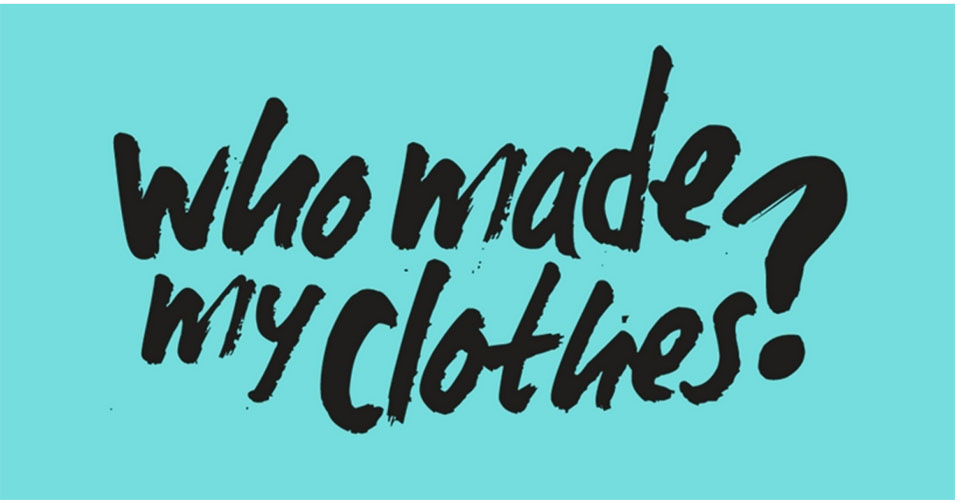Adidas, Nike, VF Corp, Patagonia and Puma ranked among the world’s most transparent major fashion brands, according to the 2020 Fashion Transparency Index from the campaign group Fashion Revolution.
Overall, the top ten were H&M, with a transparency rating of 73 percent; followed by C&A, 70 percent; Adidas, 69 percent; Esprit, 64 percent; Marks & Spencer, 60 percent; Patagonia, 60 percent; VF Corp, 59 percent; Puma, 57 percent; ASOS, 55 percent; and Nike, 55 percent. Two sports brands were among the top movers since 2019: Asics, up 15 points; and Russell Athletic, ahead 13 points.
The fifth annual edition of the Fashion Transparency Index reviewed 250 of the world’s largest fashion brands and retailers and ranked them according to how much they disclose about their social and environmental policies, practices and impacts.
The lowest-scoring brands, with 0 percent, were Bally, Max Mara, Pepe Jeans, Tom Ford, Elie Tahari, Jessica Simpson, Mexx and China’s Belle, Heilan Home and Youngor.
The average score across the 250 brands reviewed this year was still only 23 percent, it was up 2 percentage points from 2019. Among the 98 brands reviewed every year for the past four years, there has been a 12-percentage point increase in their average scores.
The current Index showed that only 6 percent of brands disclose a policy to pay suppliers within a maximum of 60 days and just 2 percent publish the percentage of orders with on-time payment to suppliers, according to agreed terms. And the report said that “only 15 percent of brands publish a responsible exit strategy which details the progressive steps they take when they stop working with a supplier, rather than taking a cut-and-run approach. Just 2 percent of brands disclose the percentage above the minimum wage which workers are paid within their supply chain and only Patagonia reveals data on the number of workers in their supply chain who receive a living wage.”
Carry Somers, co-founder and global operations director of the Fashion Revolution said in a statement: “In the midst of this global pandemic, the need for citizens to hold brands and retailers to account is more pressing than ever before. Over the past weeks, we have seen the devastating impact of brands buying practices on some of the most vulnerable workers overseas. Now, more than ever, we need to keep asking #whomademyclothes and hold these brands, many of whom have made immense profits in recent years, to account for their actions”.
















